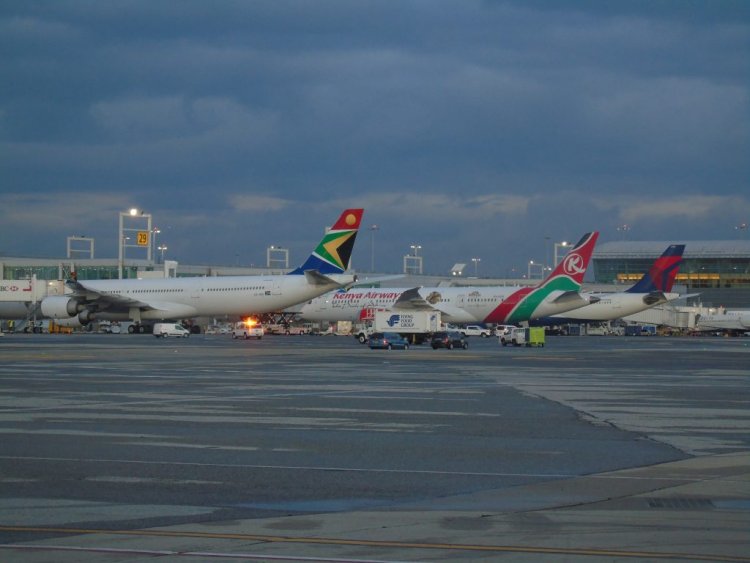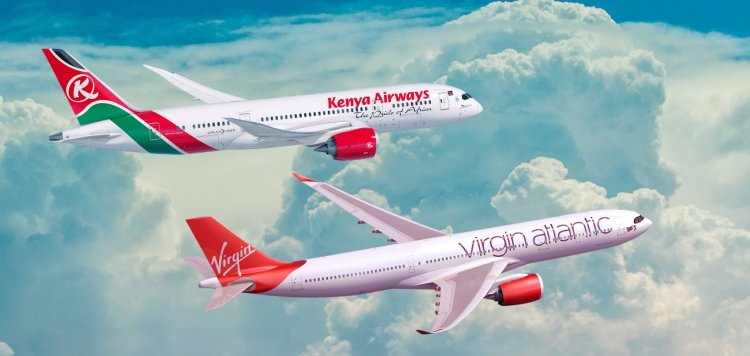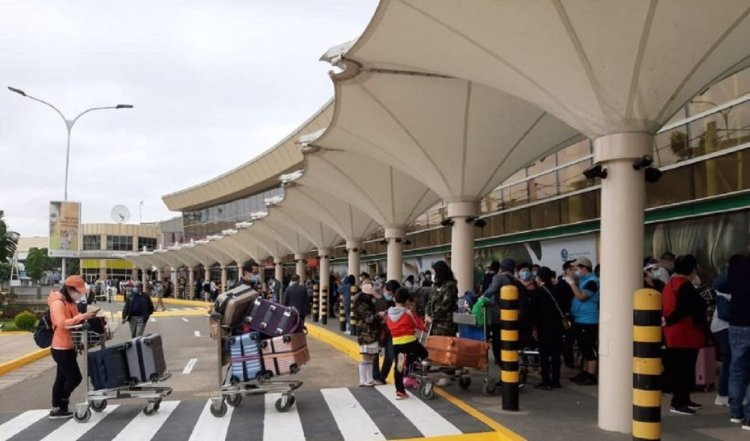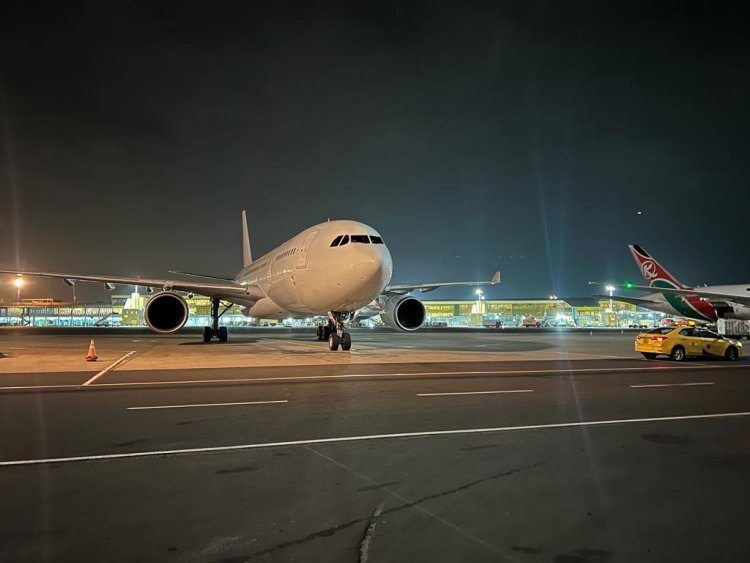Codesharing: Deal Allowing Travellers To Fly Around The World On One Ticket
The reality is not every airline can fly everywhere, given that it is expensive to launch and operate flights, and it can be hard to make a profit on every route.

Have you ever purchased a ticket from a certain airline for an international flight, then when you arrive at the airport, you are either directed to a check-in desk of a different airline or discovered that you are flying with another airline?
The reality is not every airline can fly everywhere, given that it is expensive to launch and operate flights, and it can be hard to make a profit on every route. However, airlines still want to offer travellers the option to fly anywhere they want.
One of the ways to do so without necessarily launching new flights is through codesharing agreements between airlines.
Of late, national carrier Kenya Airways has signed new codesharing deals in a bid to turn around its financial fortunes and expand its wings across its network post-COVID-19 pandemic outbreak. The latest one came on Thursday, March 21 with British carrier, Virgin Atlantic.

An illustration of a Kenya Airways plane flying alongside a Virgin Atlantic plane. /HANDOUT
The agreement now makes it easy for Virgin Atlantic to place its code on Kenya Airways' London flights, providing passengers with seamless access to KQ's extensive network of destinations in Africa and beyond. It is worth noting that the two airlines are esteemed members of the SkyTeam Airline Alliance
“Through the synergy of our respective strengths and networks, our goal is to enhance the travel experience for our esteemed customers, providing them with expanded choices, enhanced convenience, and seamless connectivity to vital destinations worldwide,” said KQ’s chief commercial and customer officer Julius Thairu in a statement.
Code sharing is a partnership between two airlines that allows an airline to place its two-letter identification code on the flight schedules of another airline. This means that flights can be marketed by one airline and operated by another.
Take for example, Kenya Airways may agree with British Airways whereby it operates British Airways flights on a particular route. This flight would be enlisted with Kenya Airways' identification code (KQ), but be run by British Airways.
Why do airlines codeshare?
Most major airlines have codesharing partnerships with other airlines, and there are myriad reasons why.
As a business arrangement between airlines, a codeshare can help expand into markets where they might not be as well known, extend their network coverage for a greater global reach and ultimately offer more opportunities to increase profits by selling tickets on more flights.
How Codesharing Benefits Travellers
Simply put, code sharing allows airlines to sell tickets to destinations they do not fly to. These agreements allow airlines to offer numerous flights without additional equipment, resources, and costs.
Code sharing also provides passengers with a wide choice of flights and also makes booking, checking in, luggage handling, and travelling more convenient. Plus, the coordinated schedules make sure you have enough time for all your connections.
How does code sharing work?
Let's take the example of Airline A and B. Airline A offers a flight with its flight number and sells tickets for it. However, the actual trip is operated by Airline B.
The two airlines must have a commercial agreement to do this. A is therefore guaranteed revenue without the need to spend any money marketing to its customers while B sells tickets to customers, corporations, and travel agencies without providing any flight logistics. They usually share the profits of this flight.

Passengers queuing outside a terminal at Jomo Kenyatta International Airport (JKIA) in Nairobi. /FILE
In the code-sharing agreement between A and B in the above example, A is the 'marketing' airline while B is the 'operating' airline, that flies the plane, carries the passengers, and supplies the pilots, as well as the flight attendants.
The traveller will be flying on an A flight operated by B. Even though they bought tickets through A and paid directly to them, they'll check in with B, and every step of the journey, including the plane, will be B-managed.
Another way code sharing works is on connecting flights, where a traveller flies one part of the journey on one airline, and during a stopover, he or she switches to a second airline for the next part.
Both parts of the journey will be ticketed as one flight ticket, issued by one airline, a codeshare partner with the second airline.
Advantages & Disadvantage
Code sharing increases connectivity and allows travellers to book connections in one place and have their journey completely taken care of by one airline. Travellers are also able to fly on multiple airlines with a single ticket and are protected if any delays arise.
It's important to remember that all airlines offer different services, so even though you've booked with a particular airline if a different one operates the flight, it's the "operating" flight carrier's service that you will be experiencing. So you may have booked a flight with regular services and end up experiencing premium service, and vice versa.
Travellers can also earn Air Miles with the airline they have booked with, even if they're not a frequent flyer member with the operating airline, provided both airlines are within the codeshare partnership.
The main disadvantage however is that codeshare flights can be difficult to rebook or alter should travel plans change. This is because the airline passengers originally booked with don't have the final authority to make that change, instead, it must coordinate with the operating airline to update any itinerary.
Getting a free upgrade when flying on a codeshare ticket is also difficult. This is because as much as airlines are working in a partnership, they are still competitors and each airline would much rather prioritise a customer that has given money directly to them, than paid airfare to their competition.
How do you know if a flight is code-shared?
When you book a codeshare flight, you will see 'Operated By' on the itinerary, and there will be a reference mark before or after the flight number on your ticket.
This means that if you've booked a Kenya Airways ticket, but it's a British Airways flight, it will say 'Operated by British Airways'. It's essential to be aware of if your flight is code-shared to know who to turn to if you need assistance or encounter any difficulties while travelling,
If you want to change your ticket, contact the airline booked. For checking-in, or if your flight gets cancelled at the last minute, talk to the operating airline at the airport.


 admin
admin 




